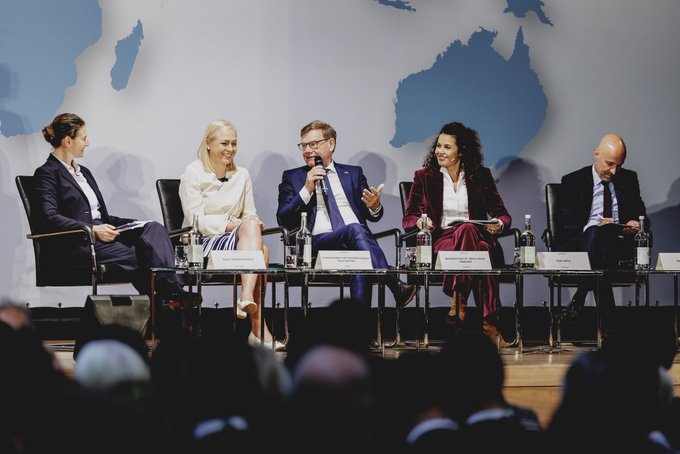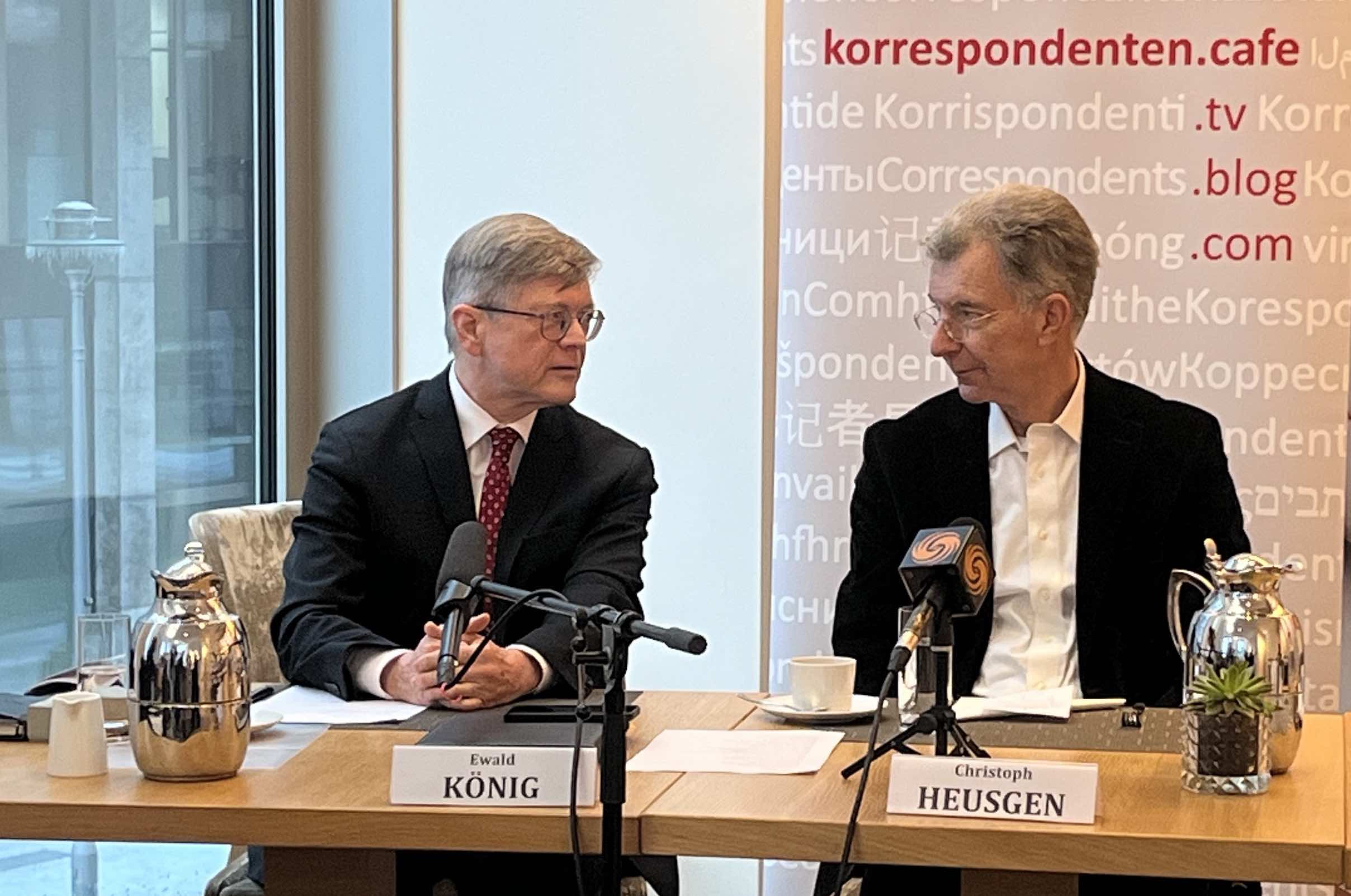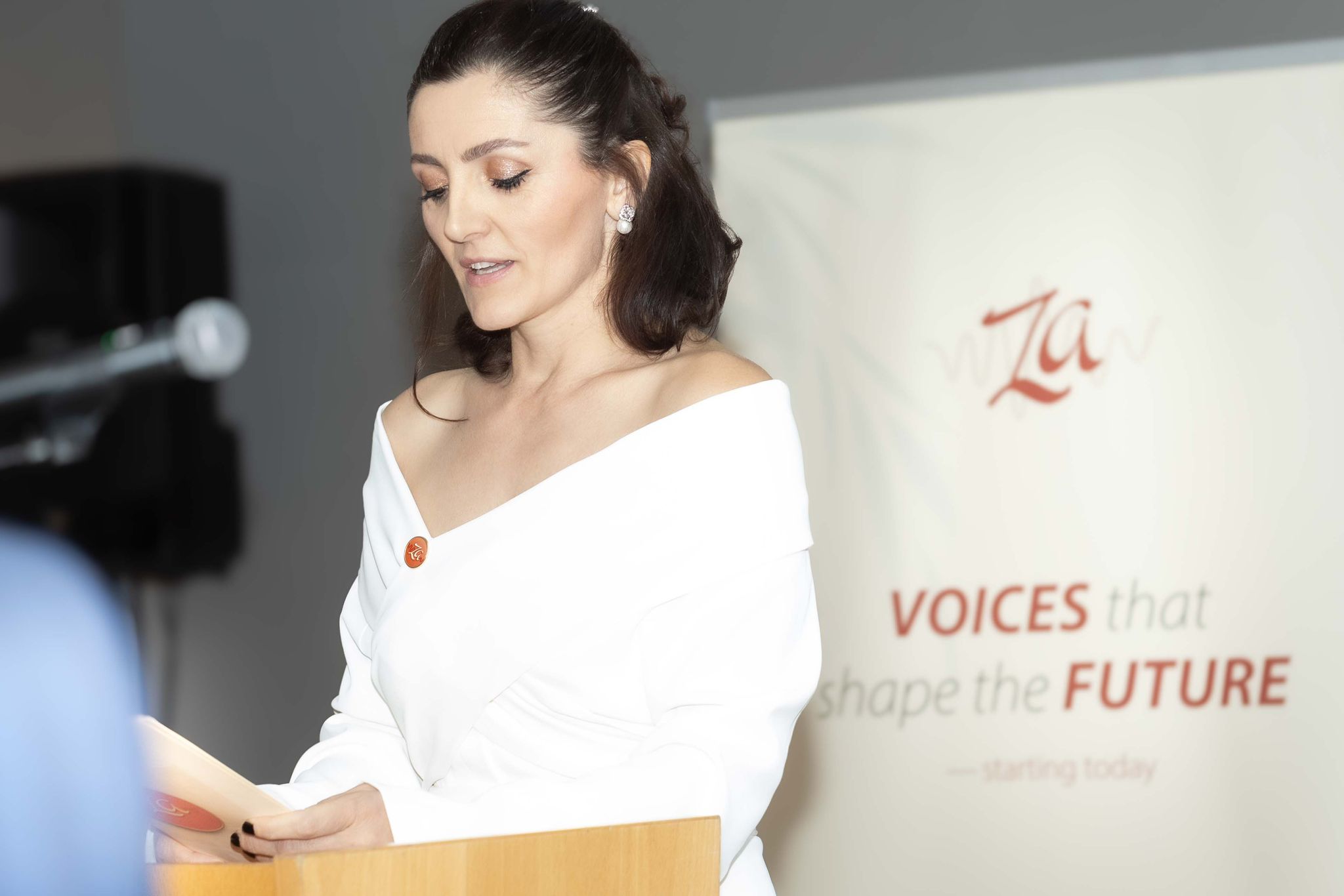diplo.news
German Foreign Minister Wadephul calls for rapid conclusion of new EU trade agreements

According to Germany's Foreign Minister Johann Wadephul (CDU), trade agreements between the European Union and Indonesia, India and Latin America (Mercosur) should be concluded quickly this year. This is a central task of politics, said Wadephul on Tuesday at the so-called Bukowita, the business day of German ambassadors in Berlin. Traditionally, this is the annual discussion and networking forum between diplomats and companies. “This would also show that the EU is able to act geopolitically,” says Wadephul. A turning point in foreign economic policy is necessary in order to become resilient against attacks from outside, to open up new sales and commodity markets and to attract skilled workers. In terms of recruiting skilled workers, he had asked the German representatives abroad to establish the necessary contacts in their countries. Wadephul also pointed out that he now regularly takes economic delegations with him on his trips.
The president of the Federation of German Industries (BDI), Peter Leibinger, emphasized the enormous challenges that the global political climate poses for companies. They must learn to act politically and engage in dialogue with politicians. Leibinger called for technological superiority to be used as a means of power. Germany and Europe have technologies on which other countries depend. The other side should be made aware of this, and mutual dependencies should be pointed out. The head of the business association called on the federal government to show “massive determination” to modernize the state, but at the same time admitted that industry is sometimes part of the bureaucracy problem in Germany. Everyone needs to take more risks again.
According to Wadephul, the federal government plans to convene a cabinet meeting in the near future to discuss proposals to the Bundestag that would lead to the abolition of laws and regulations. The aim is to deliberately leave room for common sense. “We are taking a risk, with the danger—to put it mildly—that something might go wrong.” However, the federal government must set an example and show that it is possible to do without laws and regulations and thus break away from the sclerosis that has gripped the state and society in order to regain breathing space and room for innovation.
In her opening speech, which was met with much applause, Finland's Foreign Minister Elina Valtonen focused on the conflict in Ukraine. There can be no compromise peace, no peace at any price. As a cautionary example, she cited the Baltic states, where surrender and peace after World War II led to the deportation of 300,000 people to the Soviet Union and the loss of prosperity. The free world must strategically contain Russia's ambitions, she said, adding that sanctions should not be lifted until Russia compensates Ukraine for the damage it has caused. Valtonen accused Moscow of never truly coming to terms with its own history in terms of guilt and responsibility, but rather covering it up. gd




